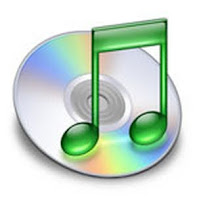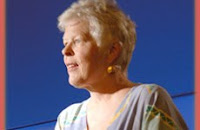
Alabama Connecting Classrooms, Educators, and Students Statewide, or ACCESS, is opening doors for Alabama's students. This program is a distance learning experience, which gives students the chance to better further their education by enrolling in some of the courses. Classes are offered as wed-based classes, welcoming technology into today's classrooms. The classes range from Advanced Placement courses to remedial classes to even foreign languages that are not usually taught within the walls of a school. This program offers "quality learning opportunities," taught by high qualified teachers and professors.
I applaud the great state of Alabama for recognizing and embracing the movement to push forward in technology. If a teacher was properly certified, I think the inclusion of ACCESS is vital to the 21st century student, teacher, and classroom. Apparently since beginning the program, ACCESS has seen great improvement in the student's grades and achievements. In recent news, the University of South Alabama is closing in on a similar track. Creating a more web-based environment will not only cut down costs, but will give students more opportunities for outstanding learning.
Would you like to find out more about Access? Click here.









 http://itunes.com
http://itunes.com
